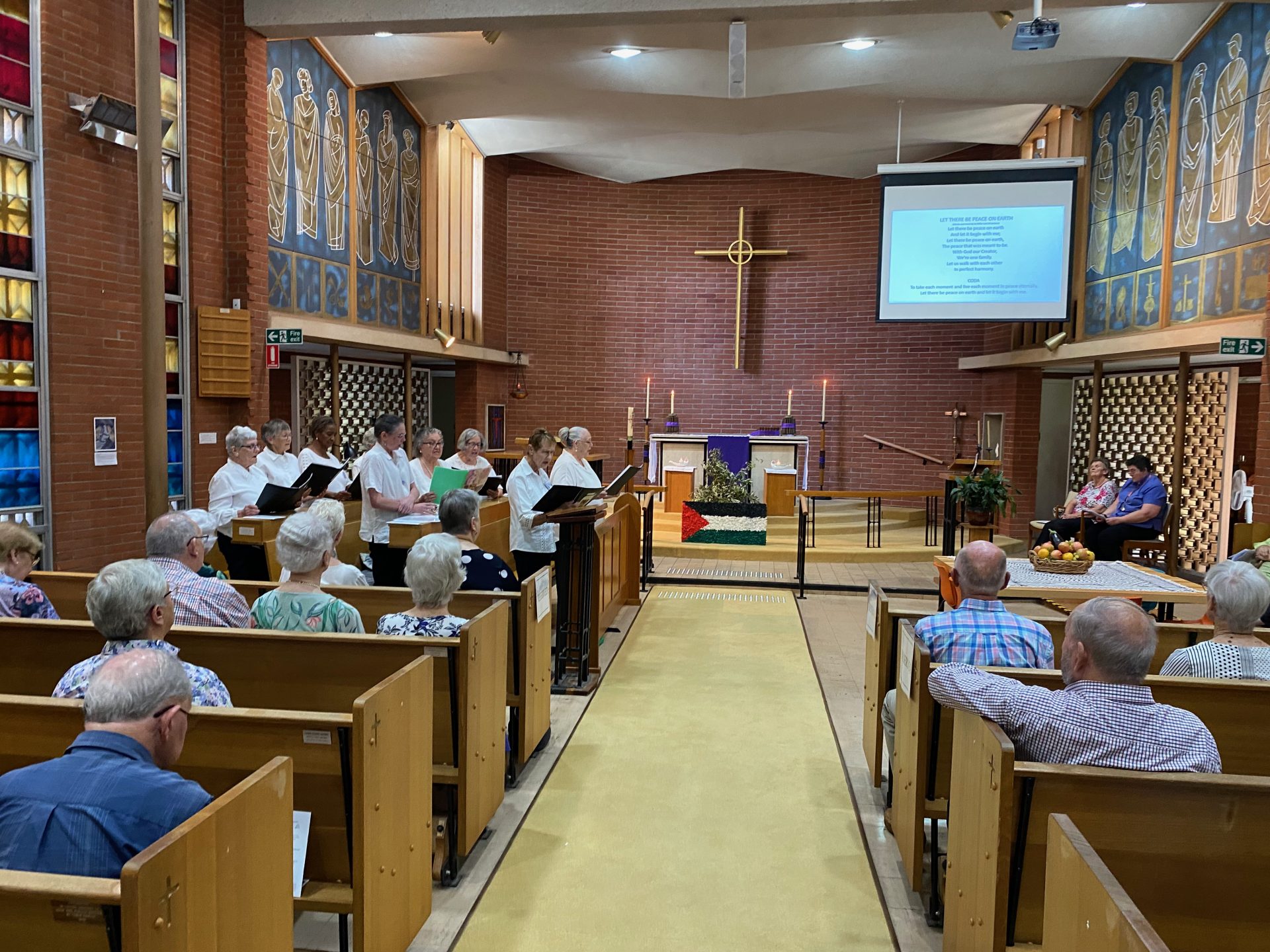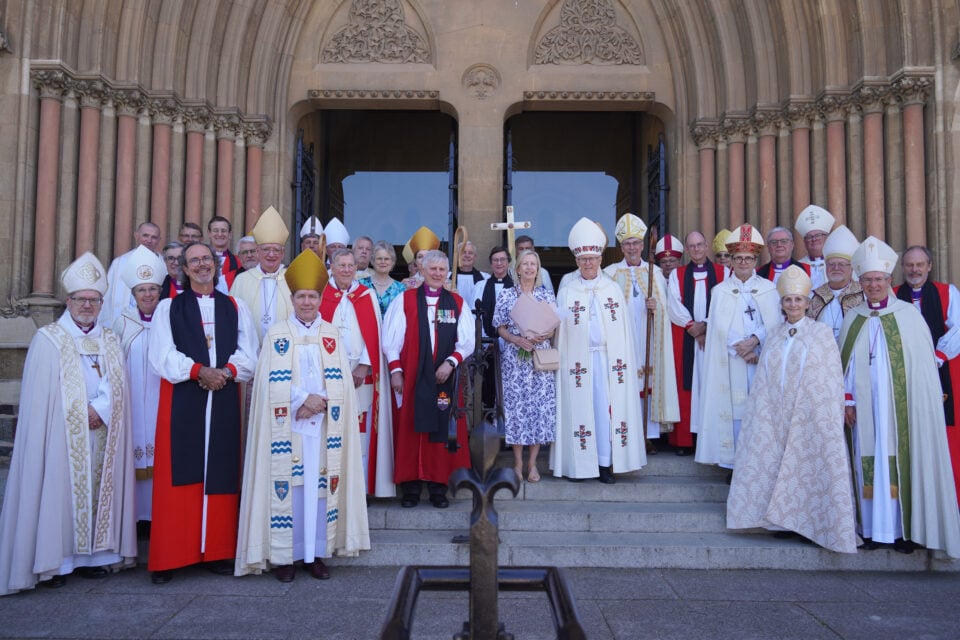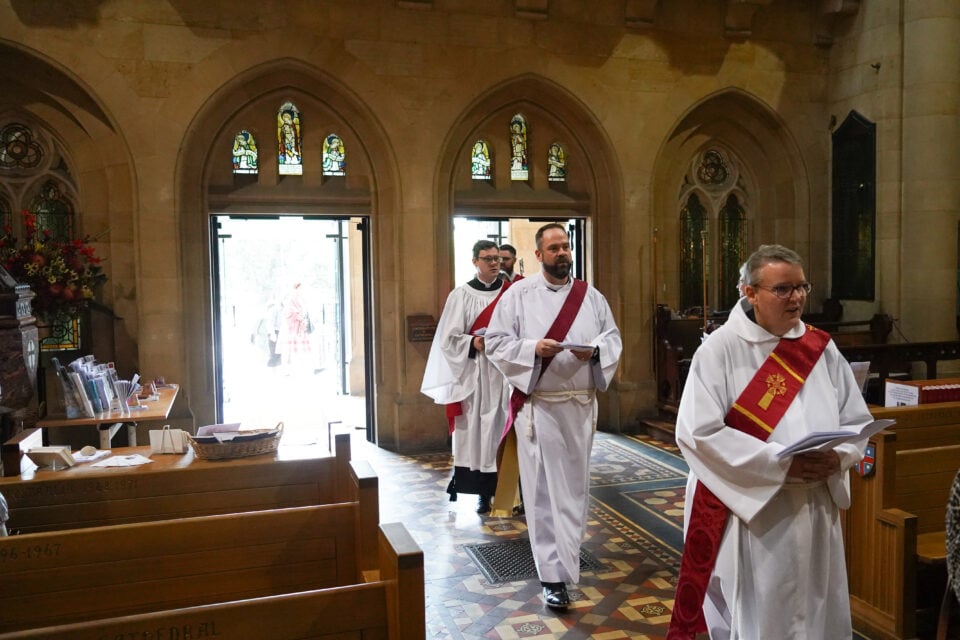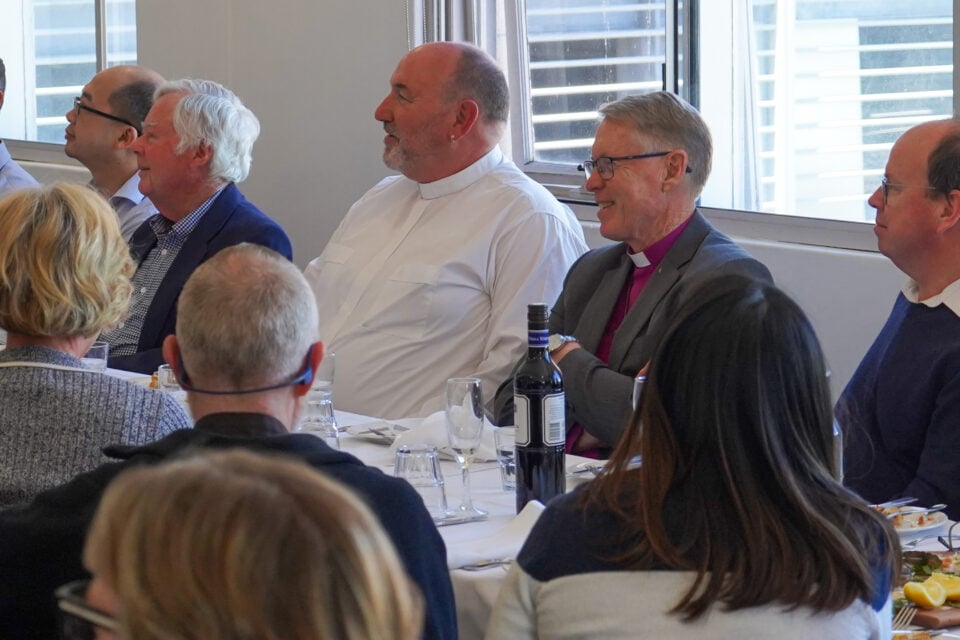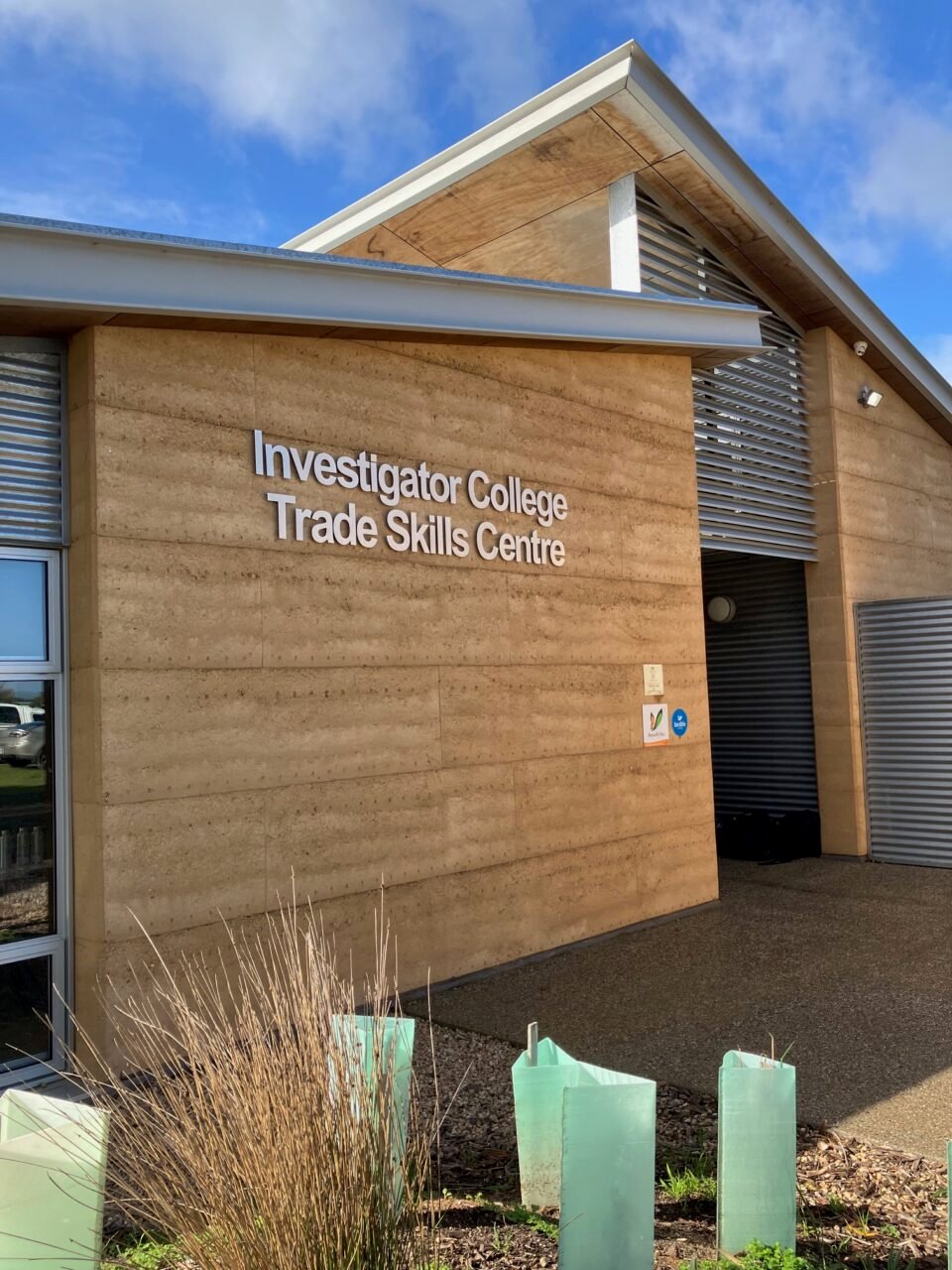Some Adelaide parishes marked the World Day of Prayer for Palestine on 1 March with services of worship focusing on the troubled region. The date had been nominated at a day to pray for Palestine long before the current war began but obviously hung over the event.
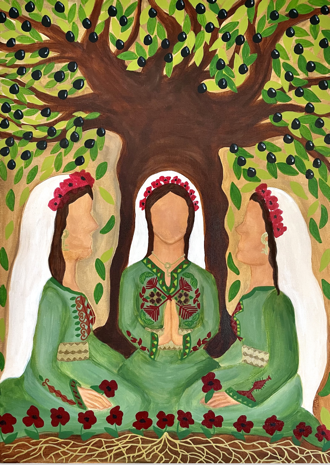
The program was written by a group of ecumenical Christian Palestinian women in response to the passage from Ephesians 4:1-7.
4 As a prisoner for the Lord, then, I urge you to live a life worthy of the callingyou have received. 2 Be completely humble and gentle; be patient, bearing with one another in love. 3 Make every effort to keep the unity of the Spirit through the bond of peace. 4 There is one body and one Spirit, just as you were called to one hope when you were called; 5 one Lord, one faith, one baptism; 6 one God and Father of all, who is over all and through all and in all.
7 But to each one of us grace has been given as Christ apportioned it.
“We reflected collectively on this theme from the context of our suffering as Palestinian Christian women,” the authors said. “We hope to inspire other women around the world to bear with one another in love during troubled times. “
At St Richard’s Lockleys, an ecumenical congregation listened to stories of loss told by three Palestinians of different ages. One, Eleanor, told her story as a Palestinian Christian – a member of the Greek Orthodox Church in the Holy Land, from a deeply rooted old Jerusalem family.
She was forced from her home in 1948 at the time of the establishment of the state of Israel but explained why she had decided to stay in the land of her birth.
“As I have gone through life as a Palestinian Christian, I have chosen to be fully engaged with all members of the community at local and global levels. I learned from my parents’ example how important it is to stay together with others, even when life is harsh and difficult.
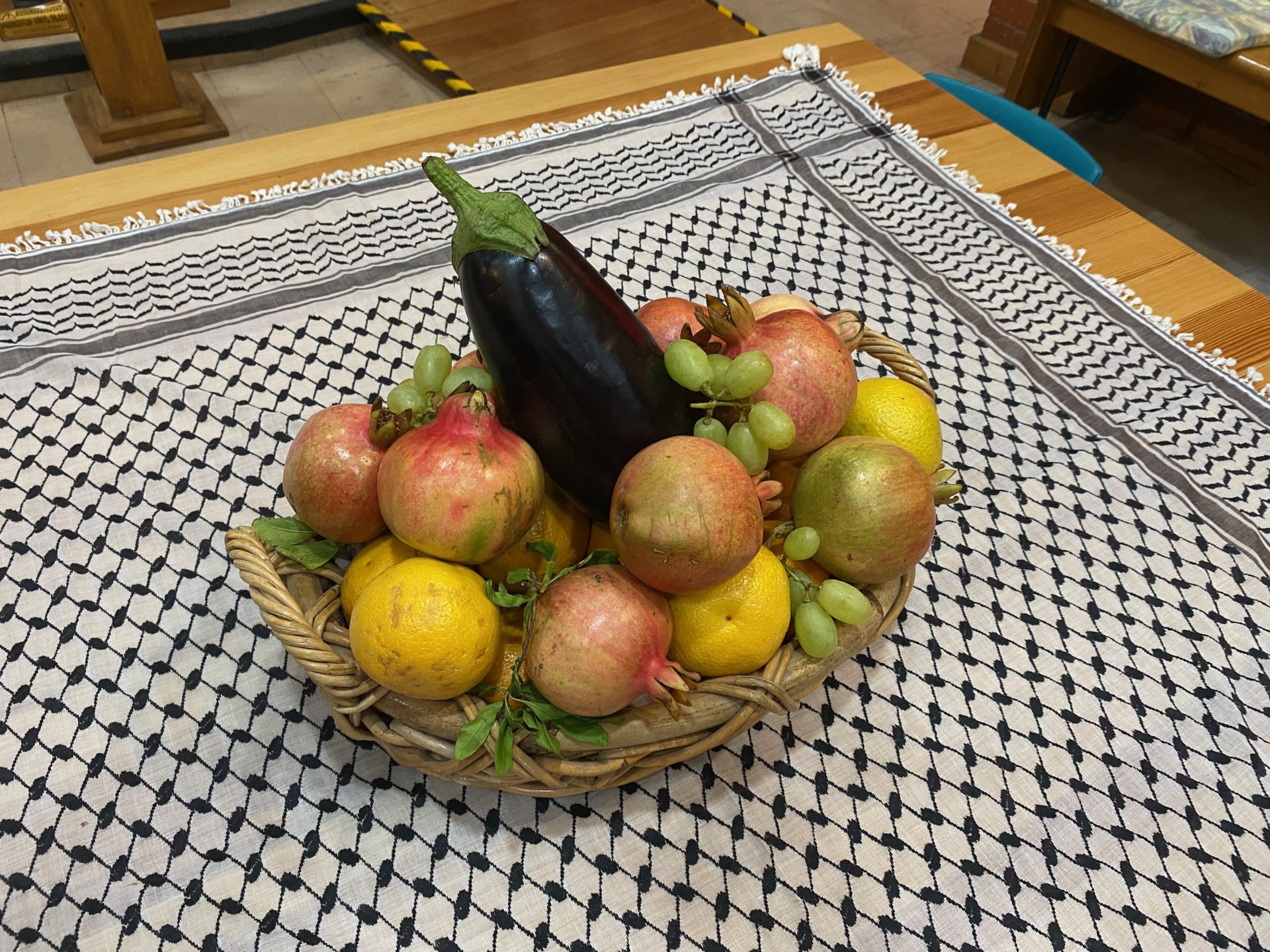
“I have designed and implemented humanitarian aid and development programs, as well as social and community projects. These served all people, regardless of religion or ethnicity, gender, status or need. I could have left the country of my roots, but I made the choice to stay and live out Jesus’ commandment to love others as he loved me.”
The congregation of more than 60 at St Richard’s also hear from local man Andrew Telfer of Seacliff United Church, a retired police officer who had worked with the World Council of Churches’ Ecumenical Accompaniment Programme in Palestine, who spoke of the difficulties and sadness of the people he experienced there. He spoke of the importance of confronting the realities of today.
“Everyone wants to hear about Bethlehem,” he said. “But Bethlehem is mostly loved for her old stories not her new ones. Her new stories raise too many questions. They make us uncomfortable. Her old stories are beautiful, but they eventually become meaningless if we are not willing to listen to today’s stories as well.”
He described some of the many issues that he heard about and experienced in his time protecting Palestinians on the West Bank. Among these were were frequent demolition or seizure of buildings and the diversion of water from Palestinian villages to nearby Israeli settlements.
“Such actions are intended to try and drive them from their land so that more settlements can be built. When speaking with Palestinian people, however, I’ve time and again heard of their determination to remain on land of material for this service,” he said.
Nevertheless not all his experiences were negative.
“I met numerous Palestinians and Israelis who were taking positive actions to help their communities,” he said.
He noted one mother and daughter from Qalandia refugee camp near Jerusalem.
“They were key members of the charity organisation in the camp, which had been to provide relief to women and support psychologically and the organisation focused on educating their economic and social rights and teach the schools which can help them move small incomes.”
He closed by referencing the earlier reading from Ephesians where Paul wrote: “be completely humble and genuine. Be patient bearing with one another in love. Make every effort to keep the unity of the spirit through the bond of peace”.
“His words apply to many the Palestinians,” Andrew said. He quoted from the book Yet in the Dark Streets Shining: A Palestinian Story of Hope and Resilience in Bethlehem, by Bishara Awad.
“If those who pray for the peace of Jerusalem are serious, they should stop their moral and indifference to the suffering of the Palestinians. They should call on Israeli leaders to deliver justice. They should help us Palestinians resist our oppression, righteously and nonviolently. They should stand for all who are working for freedom and justice and peace in this land, whether they’re Christian, Muslim or otherwise.”
The service closed with an appeal to support the Living Stones project in Ramallah on the Occupied West Bank, where The Palestinian Bible Society is working to strengthen the faith of Christian women, and by doing so, to impact the future of their community. They are embracing the Christian community through effective, Bible based programs, and seeking to be ‘salt and light’ in society, especially in times of crisis.
You can seem more information about this project in the video below.
